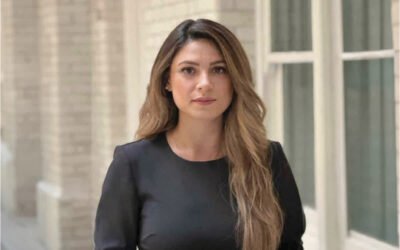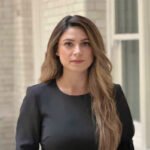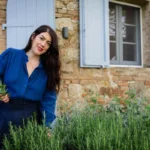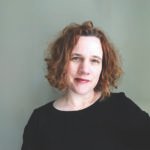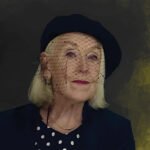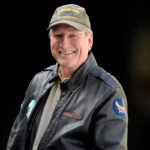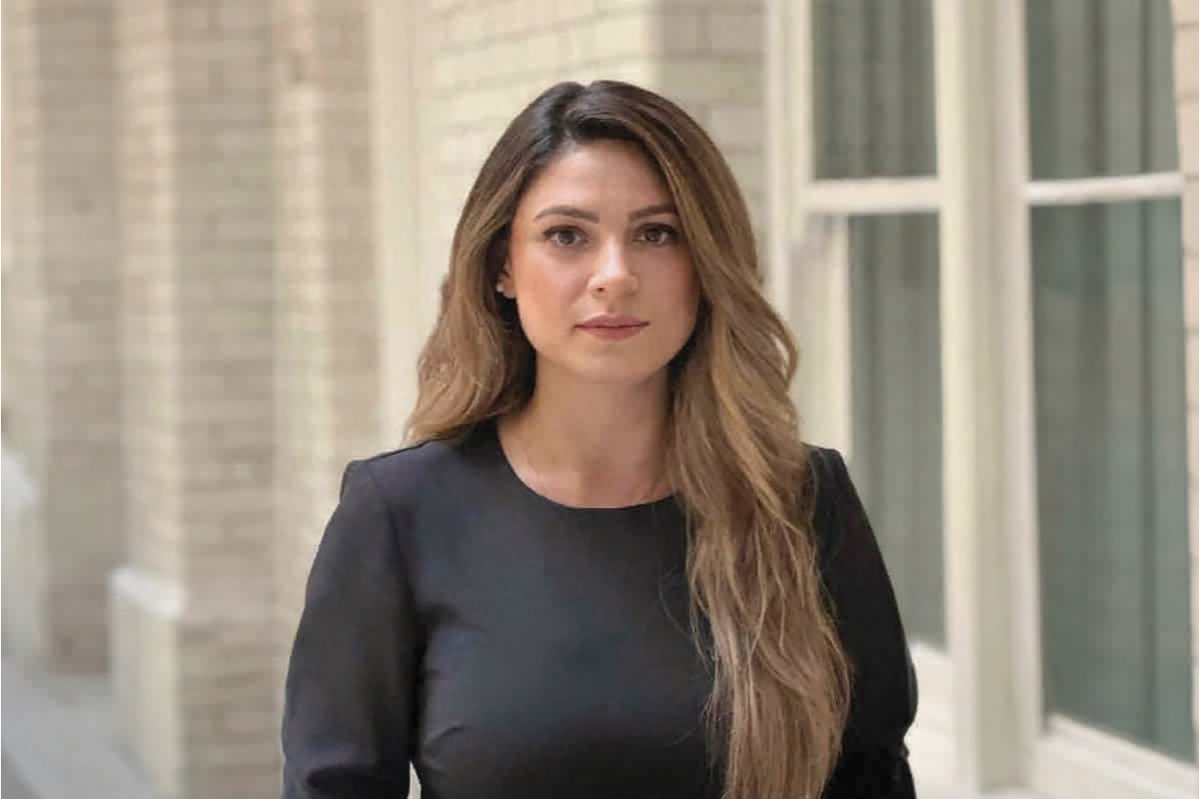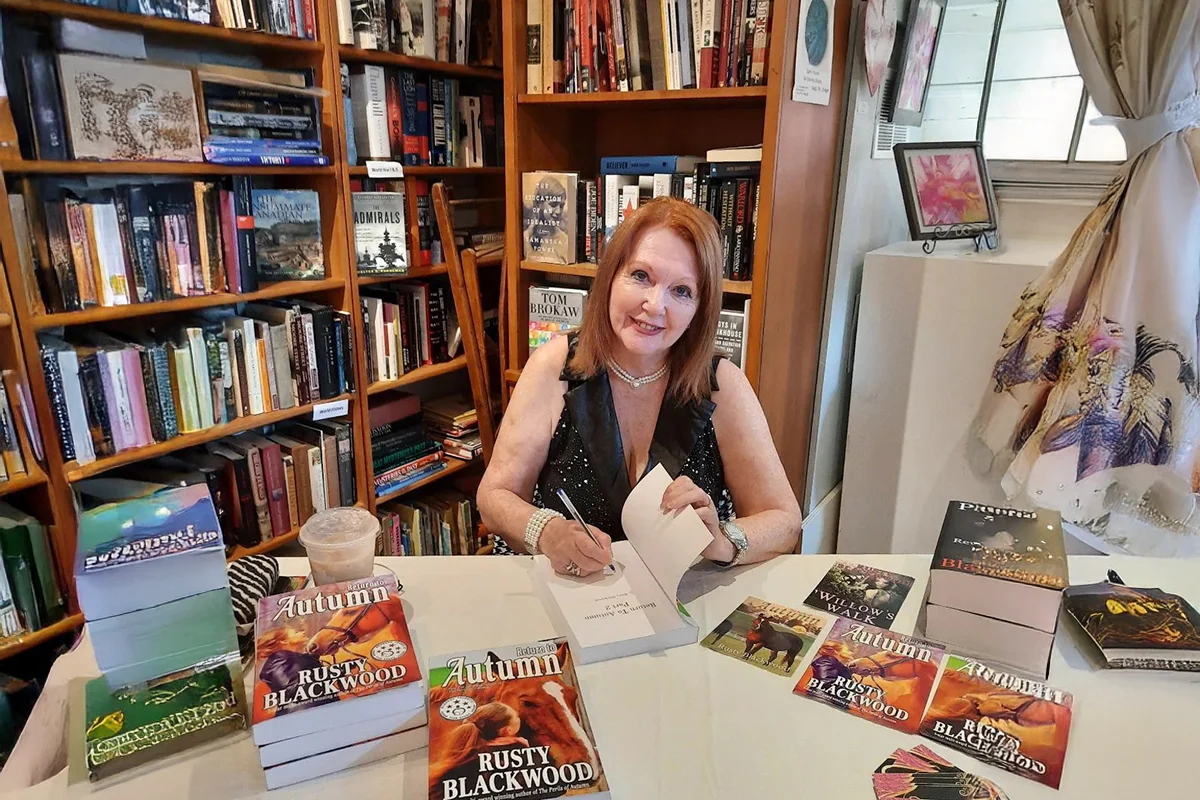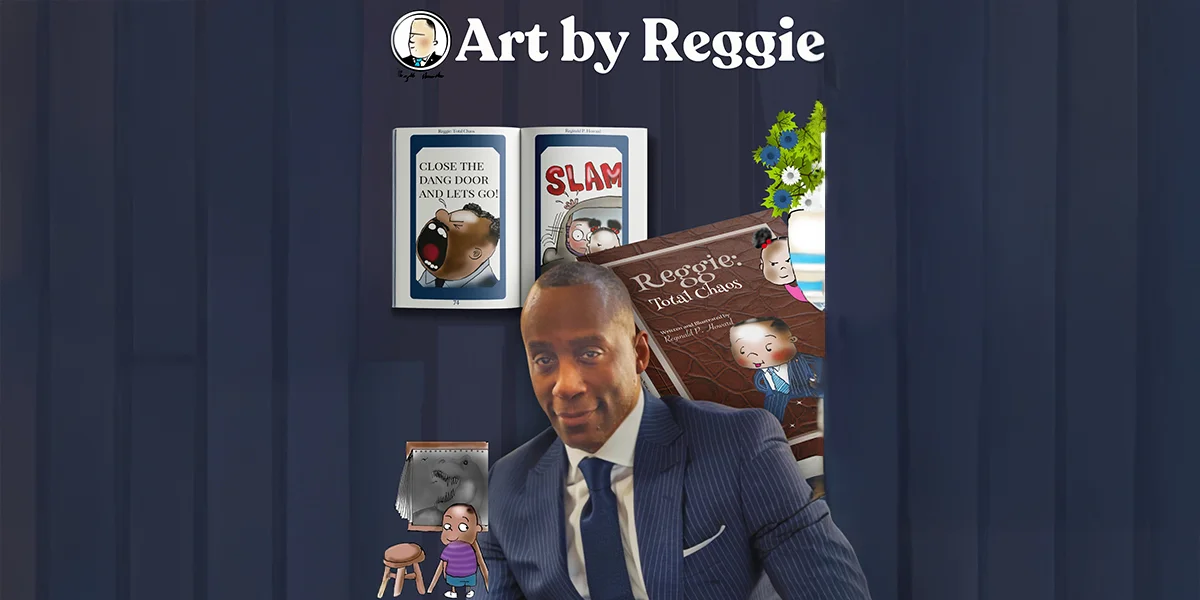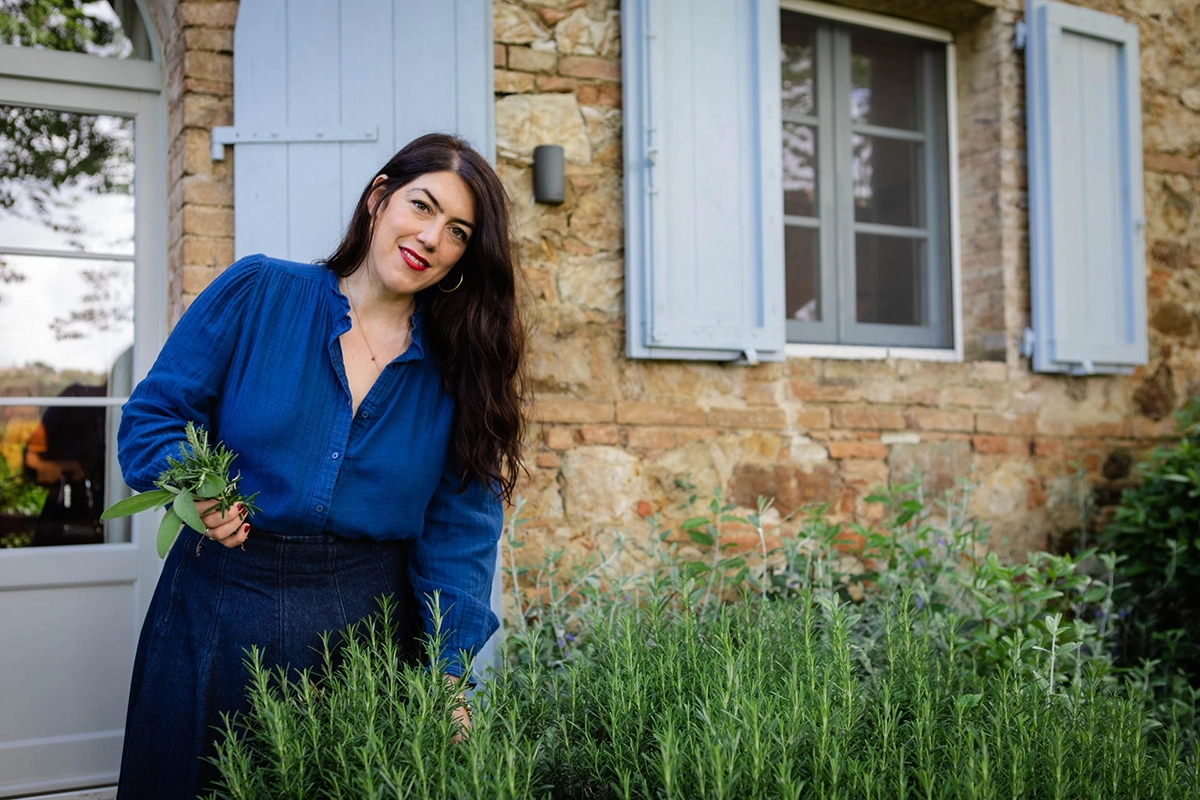Anthony Paolucci Shares His Journey of Creative Independence and Literary Exploration

PHOTO: Author Anthony Paolucci, multi-genre writer and drummer for indie band Passing Strange, captured in a moment of reflective creativity.
Exploring Identity, Love, and Creative Freedom Across Genres
Since 2009, Anthony Paolucci has self-published over 40 titles for readers of all ages, weaving themes of love, identity, and morality through a bold, boundary-crossing creative lens.
Anthony Paolucci is a literary force whose work defies easy categorisation. Since 2009, he has authored more than 40 books that span genres, age groups, and emotional depths—each story shaped by his unflinching creative independence and a relentless pursuit of truth. From poignant tales of youth and identity to introspective narratives exploring morality and love, Paolucci’s writing is as fearless as it is imaginative.
At Mosaic Digest magazine, we’re honoured to spotlight a storyteller whose artistic voice refuses to be confined. Whether penning stories for children, teens, or adults, Anthony Paolucci brings a raw honesty to his work that resonates across generations. His journey from rebellious student to prolific self-published author is not just inspiring—it’s a testament to the power of staying true to your vision, no matter the cost.
Paolucci’s writing is fearless, imaginative, and deeply honest—a testament to his dedication to craft and artistic autonomy.
Your literary portfolio spans adult fiction, young adult fiction, and children’s books—what initially sparked your passion for writing, and how has that evolved into the diverse creative voice we see today?
My passion for writing actually started with reading, thanks to my mother. When I was in second grade, she introduced me to juvenile editions of classics like Moby Dick, Tom Sawyer, and Little Women. I became a voracious reader because it appealed to my overactive imagination. But I didn’t start writing until my teens, when a girlfriend who was passionate about poetry and creative writing inspired me to try it myself. She introduced me to authors and poets who challenged me, both as a reader and as a budding writer.
I was always a daydreamer, haunted by characters and ideas that demanded attention. Writing became the only way to quiet them—to give them life so I could have a bit of peace. The real turning point, though, came at the end of my junior year in high school. I wrote a class essay that my English teacher found offensive because of its content—I thought I was being creatively bold, he disagreed. I got a failing grade, and in a moment of pure teen rebellion, I refused to write anything else for him and let myself fail the class.
That landed me in summer school, where—ironically—I ended up thriving. I was asked to write a narrative, and out of spite, I wrote something dark and provocative, but with an elegant tone. The teacher saw past the shock value and recognized real potential. She insisted I submit it to the school literary magazine. That was the first time I believed I might be good at this, that maybe writing wasn’t just an outlet, but something I could pursue seriously. From there, my voice kept evolving as I explored different genres and age groups, always following the stories that wouldn’t leave me alone.
“Writing became the only way to quiet them—to give them life so I could have a bit of peace.” – Anthony Paolucci
With over 40 self-published titles across genres, how has creative independence shaped your storytelling, and what’s been the biggest lesson from going it alone?
Creative independence has been everything for me. It’s given me the freedom to follow my own vision and stay true to the heart of each story without outside pressure to mold it into something more commercial. I can chase any idea that feels worthwhile—whether it’s an epic fantasy or a gritty horror story—without worrying about genre expectations or market trends. One of the biggest lessons I’ve learned from going it alone is the value of making my own mistakes. There’s a lot of growth that comes from experimenting, stumbling, and figuring things out without the fear of financial repercussions hanging over every decision. That space to learn, explore, and stay creatively honest has been the most rewarding part of the journey.
Your work often explores themes of identity, society, and introspection. Which of your published books do you feel best captures your voice as an author, and why does it stand out?
That’s a tough question because my voice is always evolving. Each book was written at a different point in my life, by what feels like a different version of me. Piano Lessons is a love letter to music, but it’s also deeply rooted in the experience of raising an LGBT child and navigating the world through a teenager’s eyes at a very specific cultural moment. Gabriel Thorn was my first novel—I was 25, still figuring out who I was, what I believed, what I valued, both spiritually and philosophically. As Above, So Below actually started as a collaborative experiment with a writer friend who bowed out before it even began, and I ended up writing the entire story on my own. That book really dives into morality, free will, and the ripple effect of personal choices.
So, if I had to choose, I’d say the book that best captures my voice is always the one I’m writing now. At this moment, that’s As If for Dear Life, a love story set in 1902 that explores the beauty and unraveling of early love. Love has always been both a terrifying and exciting mystery to me—even as a kid—and I’ve always wanted to explore its darker, more complex edges through my own lens.
If you could go back to the beginning of your writing journey, what advice would you give to your younger self—and what do you think he’d be most surprised to learn about the path you’ve taken?
I’d probably tell my younger self not to go to a vocational high school. I would’ve gotten so much more out of an academically focused environment—one with more opportunities to explore literature, writing, and creative thinking. I think I would’ve developed my voice earlier and likely been encouraged to pursue college. I’d also tell myself to hold off on publishing. As a young, developing writer, I was eager to get my work out there—but I hadn’t lived enough yet. Waiting would’ve given me the chance to refine my craft, experience more of life—the good and the bad—and bring a deeper, more nuanced perspective to the page.
I think the younger me would be surprised to learn that the journey wasn’t a straight line—that it’s been full of unexpected turns, experiments, subtle wins, and a lot of self-teaching. But I think he’d be proud that I stuck with it and kept evolving.

